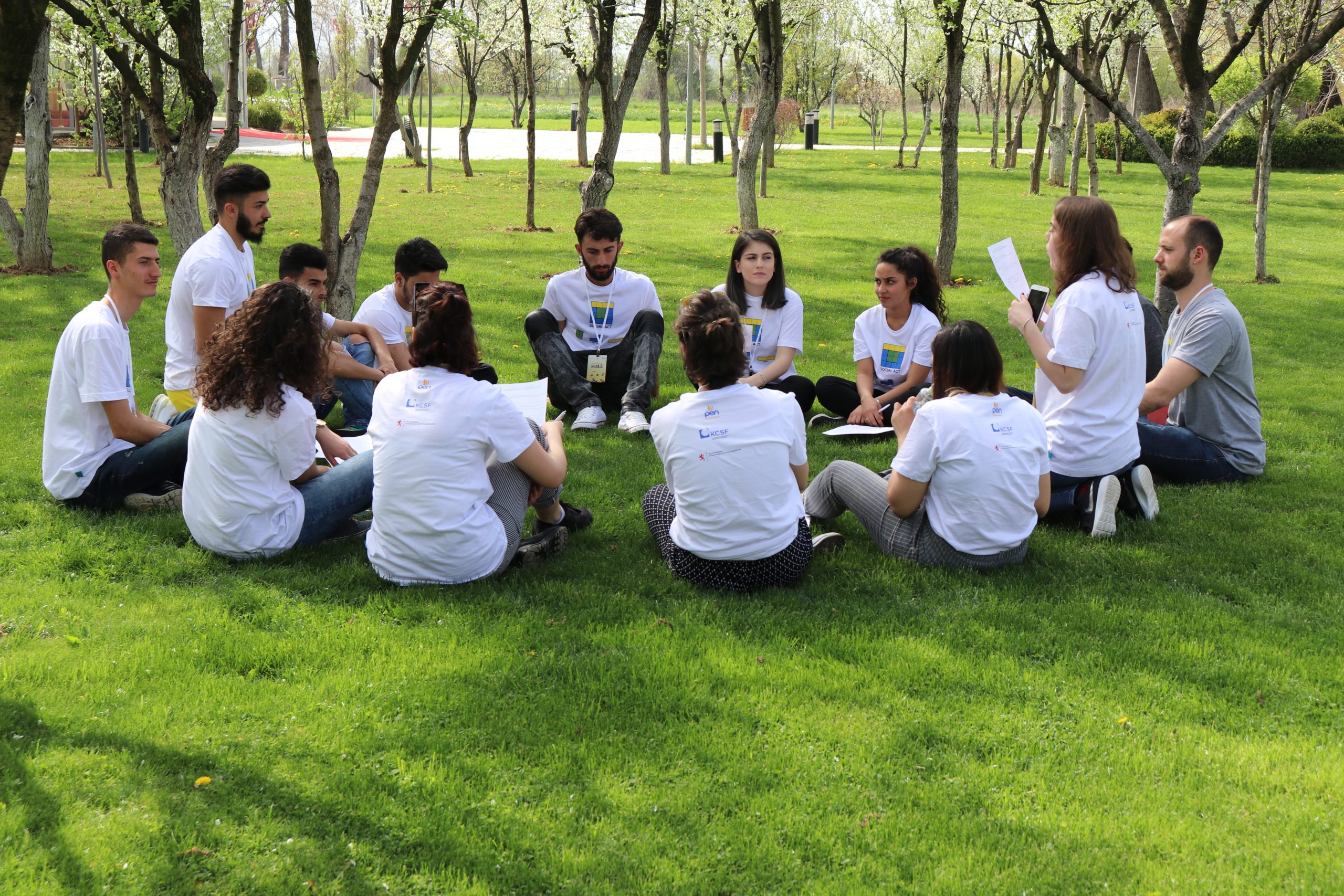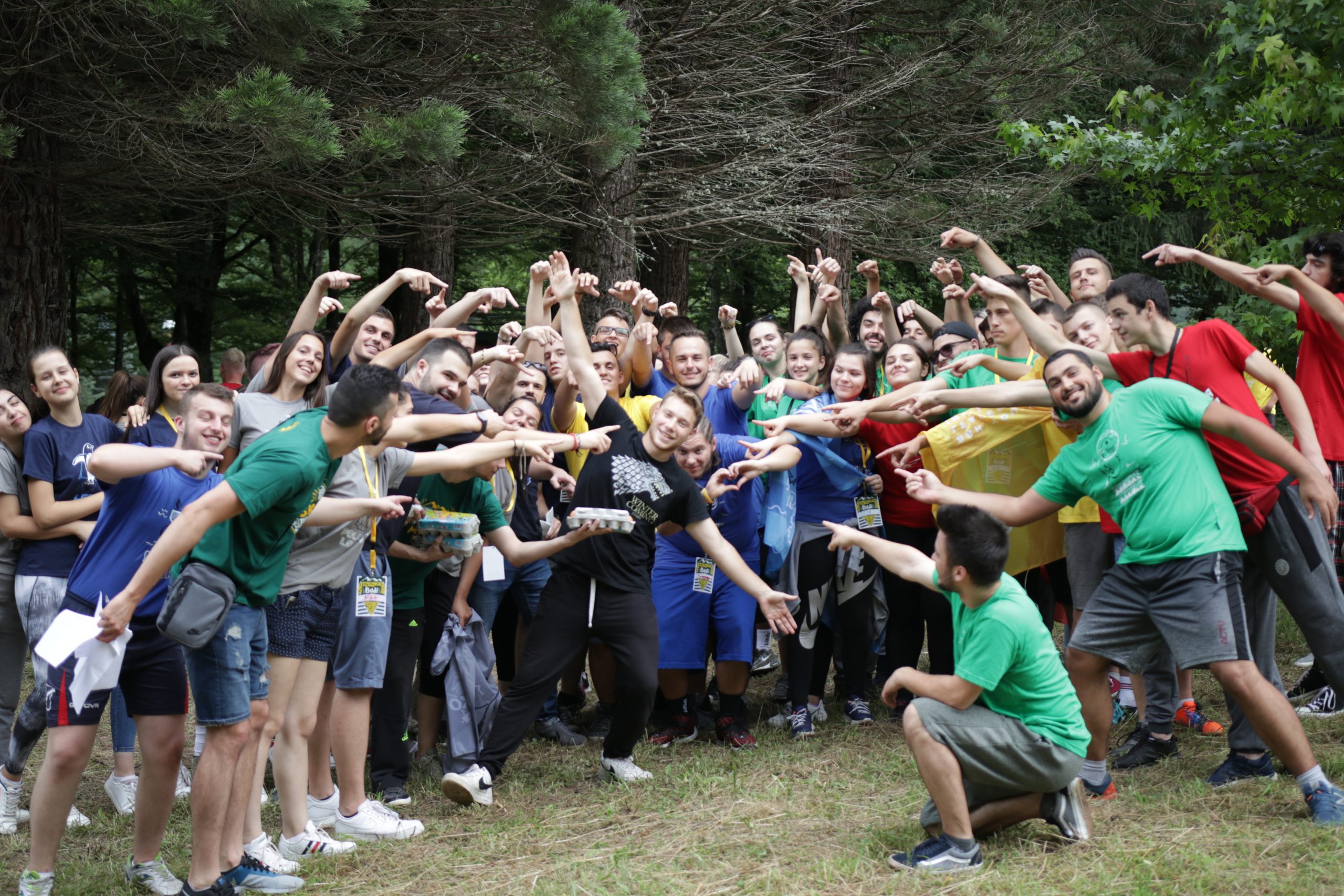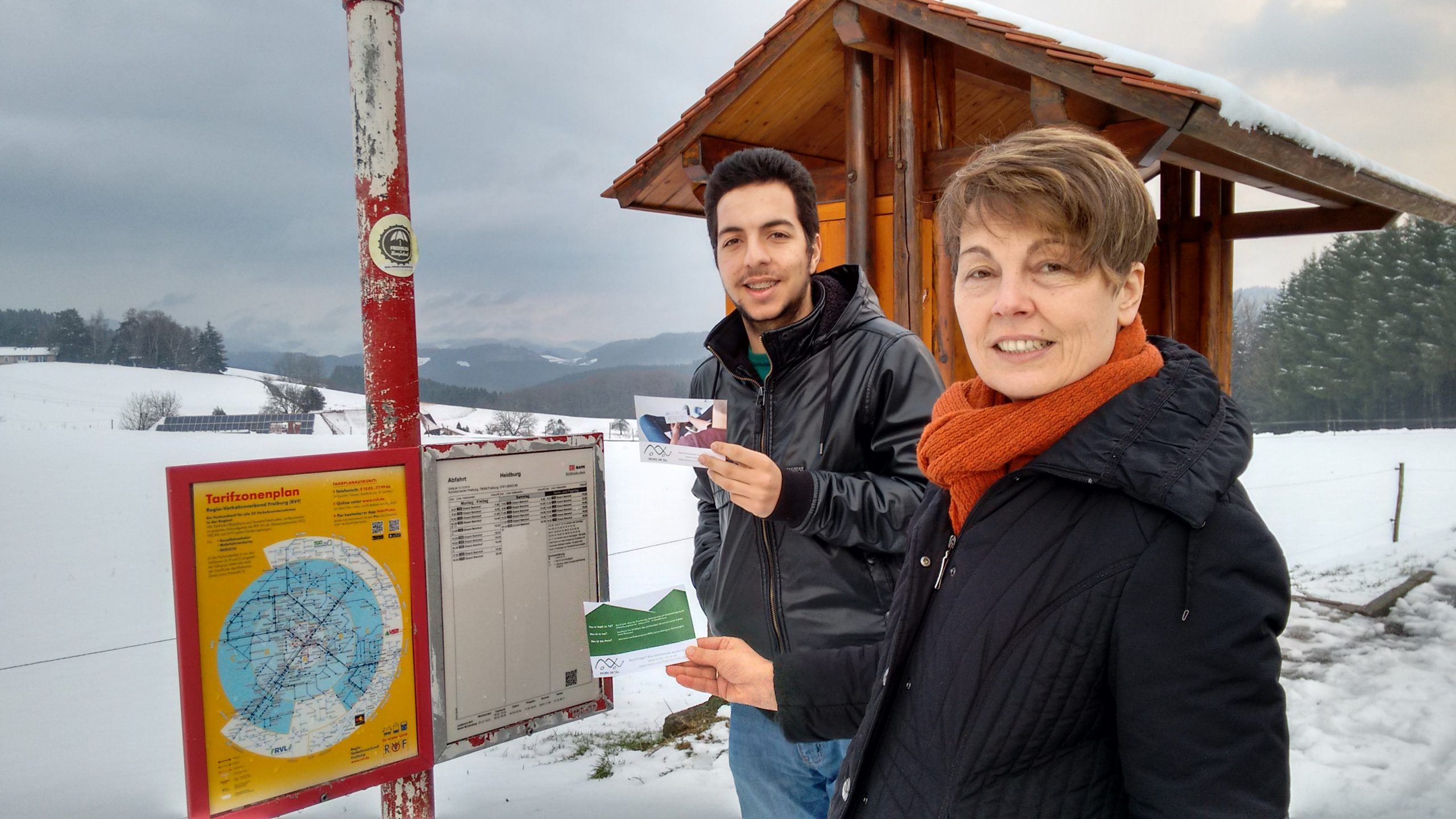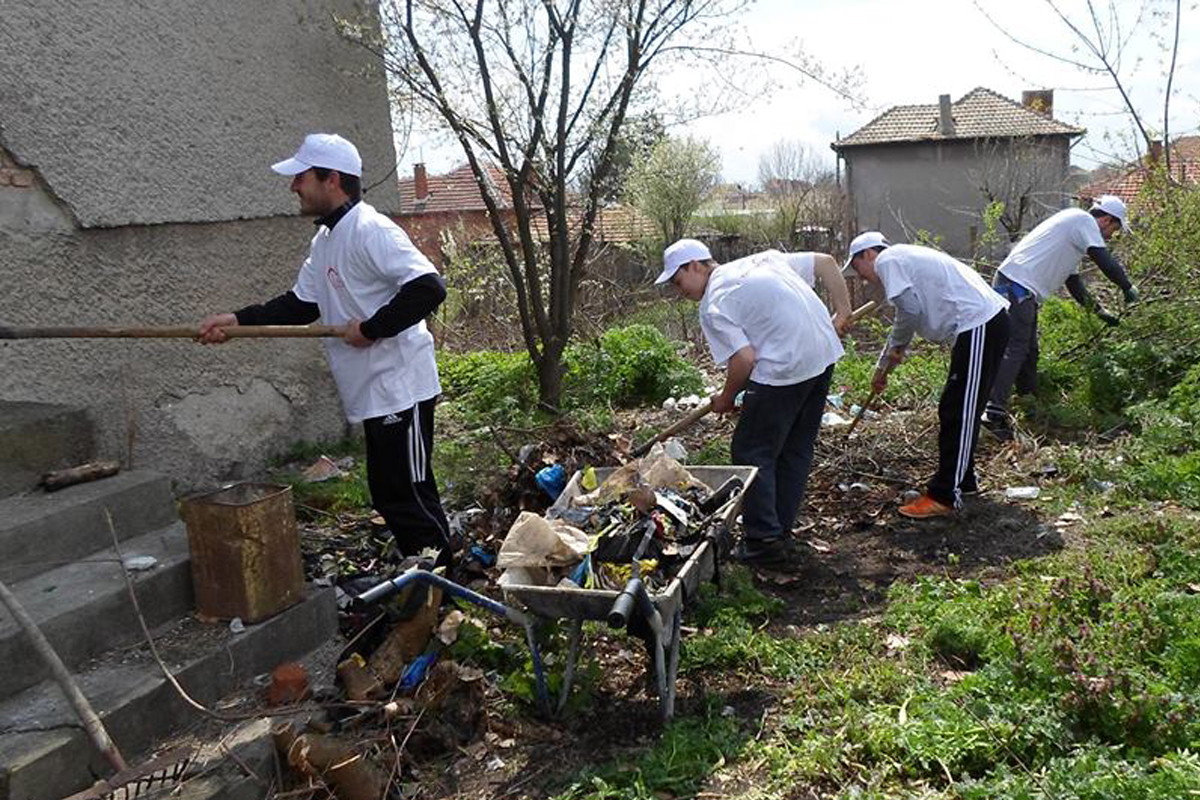
This idea brings increased capacities to young women and men in Kosovo in terms of critical thinking, advocacy, soft skills, and designing and leading social innovations – with an emphasis on vulnerable groups and gender equality.
BRINGING SOFT SKILLS TO KOSOVO
Based on the project owners' experience with building capacities of young people in Kosovo since 2008, the project Social Act has emerged. The project was shaped as a unique, new innovative programme, relying on previous Peer Educator Networks' (PEN) best practices and methodologies. Through this idea, they wanted to increase capacities of young women and men in critical thinking, advocacy, soft skills, and designing and leading social innovations aimed at social inclusion in Kosovo, with an emphasis on gender equality and minority inclusion. The main minority groups in Kosovo include Romani, Ashkali, and Egyptians (RAE).
working with marginalised groups
The programme is based on three steps: 1. The soft-skill building phase – a three-day training where youth will develop critical thinking, understand key state stakeholders and their roles, gain information on the status of RAE communities and gender equality in Kosovo, and develop hands-on experience in competitive debating based on Karl Popper’s methodology. 2. The informative, research and networking phase – a two-month period where youth will meet with municipal representatives, and use the newly gained soft skills to gather information on municipal projects. 3. The project/campaign design and implementation phase – a three-day training on social project/campaign design will be held to enable youth to draft their own initiatives and lead them. After the design of their projects/campaigns, young men and women will implement two initiatives per municipality within a period of three months; for which they will be granted EUR 2500 per municipality.
LONG-Term and Immediate Outcomes
Not only were the participants able to improve their skills and develop ideas and projects with the support of PENs, there were also immediate outcomes. One of the participants, who was actively involved in the strategy for municipal development in one of the communities, made tangible progress regarding the lack of access for people with disabilities in public spaces. The key learning outcomes were to give youth space to share their thoughts and develop ideas, offer support and guidance during and after the process, and create training programmes that are both fun and educational.
The main goal is to empower young people – to have a positive impact and to have a positive change in their municipalities.




